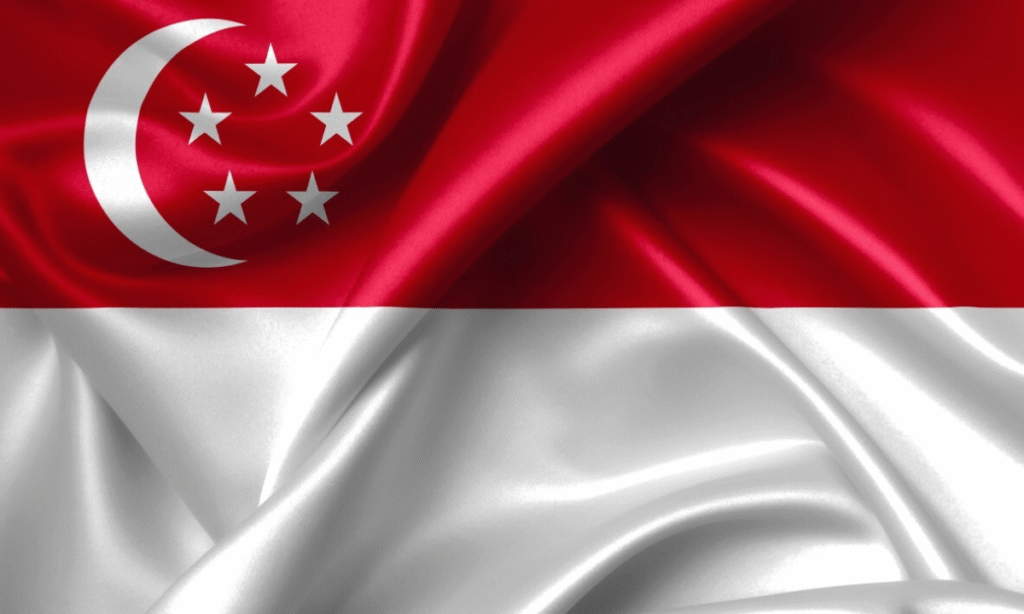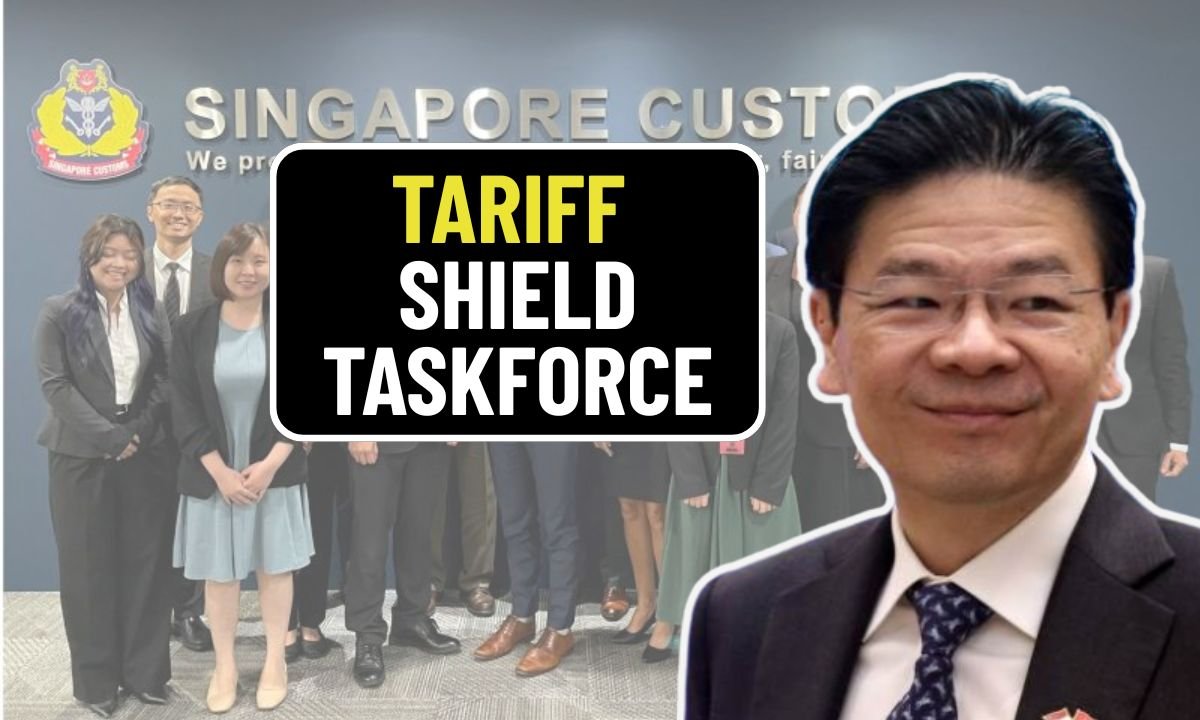Amid rising global trade tensions triggered by US-imposed tariffs, Singapore has moved decisively by establishing a high-level economic task force aimed at safeguarding its economy. The newly formed Singapore Economic Resilience Taskforce, chaired by Deputy Prime Minister and Minister for Trade and Industry Gan Kim Yong, brings together key government officials and economic leaders. This group’s mission is clear: to guide Singapore through turbulent global conditions and help local businesses especially SMEs navigate disruptions to trade and supply chains.
Escalating Disruptions Underscore Urgency of Government Intervention
The announcement followed reports of immediate business disruptions, particularly among companies linked to Chinese manufacturing or those exporting goods indirectly to the US. Order cancellations, delivery delays, and reduced production capacity are already affecting firms in critical sectors. Recognizing the potential for broader economic consequences, DPM Gan emphasized that the task force is designed to respond quickly, providing both immediate relief and strategic long-term support to prevent deeper financial fallout.
Sense-Making and Communication Form Core of Strategic Response
One of the task force’s pillars involves fostering what officials describe as “collective sense-making.” This effort, led by Minister for Digital Development and Information Josephine Teo and Singapore Business Federation chairman Lim Ming Yan, focuses on keeping businesses informed in a volatile policy landscape. The aim is to bridge the gap between government updates and on-the-ground realities, helping enterprises stay agile and responsive to policy shifts, while also gathering feedback to fine-tune support strategies.
Providing Urgent Relief to High-Risk Sectors

To address the most vulnerable sectors, another key pillar is dedicated to delivering targeted financial and structural support. Minister for Manpower Tan See Leng, NTUC secretary-general Ng Chee Meng, and SNEF president Tan Hee Teck are jointly leading efforts to assess and update existing assistance programs. Early findings from union surveys reveal that 70 percent of workers are increasingly worried about the implications of global trade tensions, particularly in the manufacturing, semiconductor, logistics, and finance industries. Budgetary adjustments are expected to reinforce affected sectors and ensure workforce stability.
Prioritizing Worker Protection
With hiring slowdowns and potential layoffs on the horizon, safeguarding employment has become a top priority. Minister Tan has flagged particular risks for fresh graduates and older workers who may find themselves sidelined in a contracting job market. Initiatives such as the Jobseeker Support Scheme aim to preemptively support these groups, helping them transition into new roles or upskill for emerging opportunities. Minister Teo emphasized that Singapore is prepared to expand fiscal efforts to cushion workers against job market fluctuations.
Laying the Groundwork for a More Resilient Economic Future
Beyond immediate relief, the task force has set its sights on long-term transformation. Spearheaded by Minister for National Development Desmond Lee and Minister for Transport Chee Hong Tat, this strategy involves strengthening innovation, enhancing productivity, and diversifying supply chains. These efforts are meant to future-proof Singapore’s economic architecture and maintain its competitive edge as a global hub, ensuring that the nation remains attractive to international investors despite shifting geopolitical dynamics.
Balancing Domestic Fortification with Global Collaboration
Even as the task force works to fortify domestic capabilities, Singapore remains committed to its international partnerships. DPM Gan reiterated the importance of deepening regional integration within ASEAN and maintaining strong trade ties with the United States. While each ASEAN country will address tariffs on a bilateral basis, Singapore aims to uphold the spirit of cooperation and open markets. Engagement with the US and other trade partners will remain ongoing to minimize conflict and maximize economic resilience.
A Unified National Effort to Tackle Global Trade Turbulence
The formation of the Singapore Economic Resilience Taskforce is a testament to the government’s proactive and coordinated approach in the face of external economic threats. As trade tensions escalate and uncertainties mount, Singapore is not merely reacting it is strategically adapting. With targeted relief, transparent communication, and forward-looking reforms, the city-state is reinforcing its foundation while preparing for whatever challenges the global economy may bring next.

